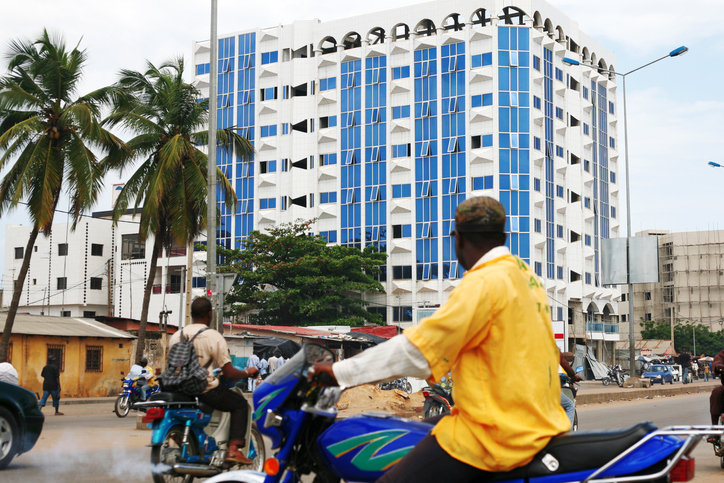Diaspora travel is on the rise, and the growing and continued racial unrest in the United States is the root cause of the growing trend.
Business Insider recently did a deep dive into the growing travel trends for young Black Americans, especially now that travel is starting to begin again with COVID-19 restrictions getting eased up. The outlet reports that prior to the COVID-19 pandemic, Black Americans were on track to become the fastest-growing travel sector in the country.
And, with that buying power, Black Americans were traveling to many far-flung and remote places.
But after more than a year of being stuck in the house — and the country — and being faced with a growing trend of racial unrest, Black Americans stopped booking trips to far-flung and remote places and, instead, began the growing trend of diaspora travel.
What is diaspora travel?
This is a type of travel that focuses, specifically, on travel in majority-Black nations and destinations that are significant to the cultural and familial history of Black America. Africa, the Caribbean, and even some parts of South America fall under the rather broad header.
Business Insider reports that there was also a huge hit to the African economy as a result of the COVID-19 travel shutdown.
“The African Union Commissioner for infrastructure and energy reported African countries lost an estimated $55 billion in travel and tourism revenue as of July 2020, making up 10% of the gross domestic product of Africa,” it said.
The outlet made clear that for many Black Americans, the need to fill the coffers with their ancestral homeland was top of mind, especially as they grew increasingly discontented in a country that wanted no parts of them — or, at least, so it seemed based on the growing unrest.
Travel + Leisure, however, takes the diaspora travel trend one step further. The outlet reports that Black Americans are traveling to three countries in Africa, specifically: Benin, Togo, and Ghana. Black Americans who have traveled to these countries have reported that the trips are “life-changing,” and many tour operators are reporting that Black Americans are going so far as to get DNA testing done through Afro-centric companies to specifically plan their diaspora trips.
“A number of developments are driving a surge of interest in heritage trips to West Africa. Advancements in DNA testing — led by Africa-focused companies such as AfroRoots DNA and African Ancestry — are making it easier for Black Americans to research their genetic backgrounds.
Airlines, including Delta, have expanded service to West Africa. Tourism campaigns such as Ghana’s 2019 Year of Return, timed to coincide with the 400 years since the first enslaved Africans arrived in Jamestown, Virginia, also attracted the diaspora. And a growing number of tour operators are stepping in to handle the logistics of these trips,” T+L said.
Some Black Americans, in fact, are going the extra mile and turning the diaspora travel into moving abroad completely. The New York Times recently did a feature on several artists who were inspired by the likes of Josephine Baker and James Baldwin to find their success — and tranquility — elsewhere.
And this trend is not a new one. It, in fact, goes all the way back to the 1960s.
“Even when, in the 1960s, leaders like Malcolm X preconceived racial separatism in domestic rather than international terms — demanding that the U.S. government cede some states to Black citizens as reparations — activists like Amiri Baraka and Angela Davis sought refuge and revolutionary education in Fidel Castro’s Cuba, while writers like Julian Mayfield and Maya Angelou moved to newly independent Ghana,” NYT explained.
Regardless of whether you choose to treat diaspora travel as a brief respite or as a plan for something bigger, it’s something that you should do at least once in your life — if only for your own edification.
